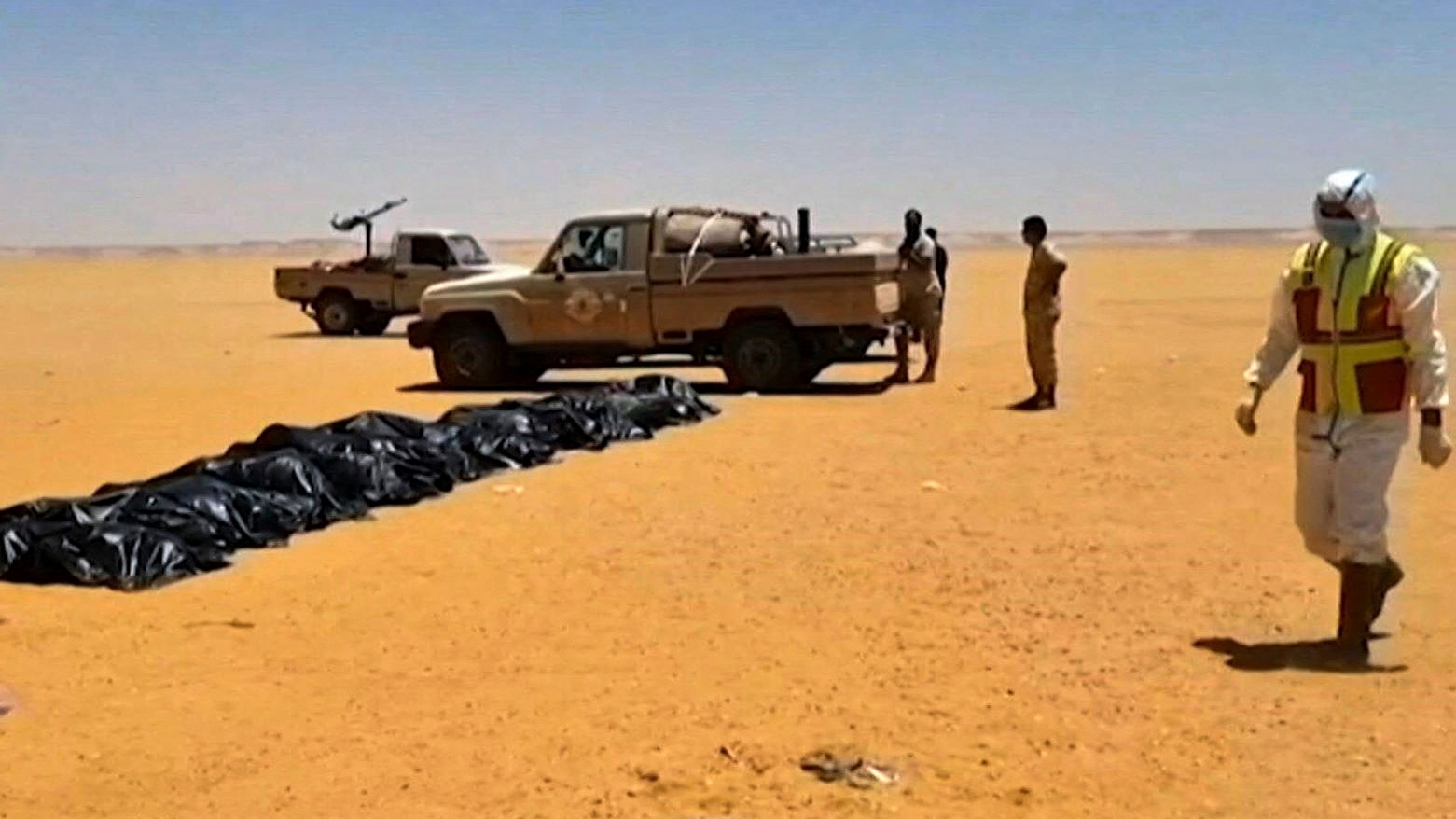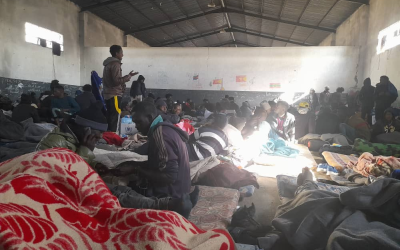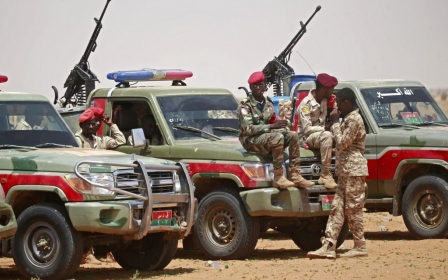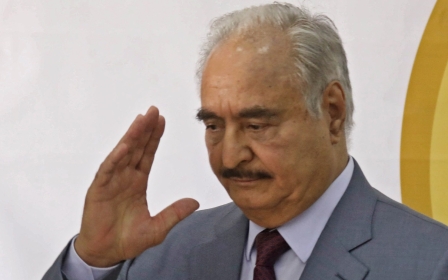Libya: Twenty people found dead in desert after vehicle breaks down

Twenty people were found dead in the Libyan desert following a vehicle breakdown near the border with Chad and were presumed to have died of thirst, rescuers said on Wednesday.
A team "recovered 20 bodies found in the desert after their vehicle broke down," rescue services in the southeastern region of Kufra said in a statement.
The vehicle had come from neighbouring Chad and reached some 120km into Libya before breaking down, the statement added. "They all died of thirst," it said.
The service published a video on Facebook showing decomposing bodies in the desert sand near a pick-up truck, AFP reported.
The bodies were discovered by a truck driver travelling through the desert and were recovered on Tuesday.
"The driver got lost... and we believe the group died in the desert about 14 days ago since the last call on a mobile phone there was on June 13," Kufra ambulance chief Ibrahim Belhasan told Reuters by phone.
Two of the bodies were Libyans and the others were believed to be migrants from Chad crossing illegally into Libya, Belhasan said.
The sparsely populated region regularly sees summer temperatures above 40 degrees Celsius.
Libya was plunged into lawlessness following the 2011 uprising that toppled and killed longtime-leader Muammar Gaddafi, and its southern borders with Chad, Niger and Sudan have become notorious for people trafficking and smuggling.
Libya has become a major launching point for thousands of migrants seeking to reach Europe via the dangerous route across the harsh Sahara desert and over the Mediterranean, but many die en route, including in the desert.
However, despite the conflict, Libya's oil-based economy is also a draw for migrants seeking work.
Middle East Eye delivers independent and unrivalled coverage and analysis of the Middle East, North Africa and beyond. To learn more about republishing this content and the associated fees, please fill out this form. More about MEE can be found here.





